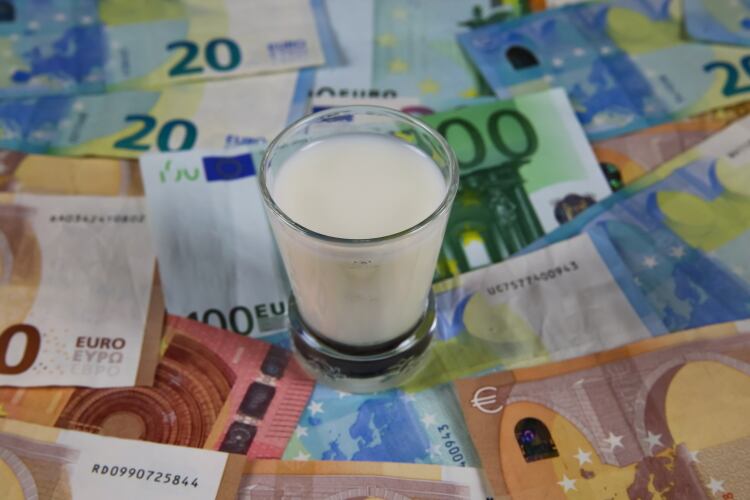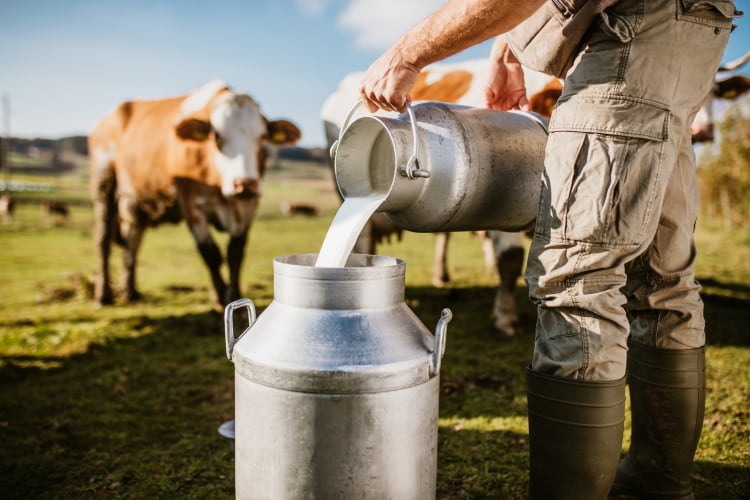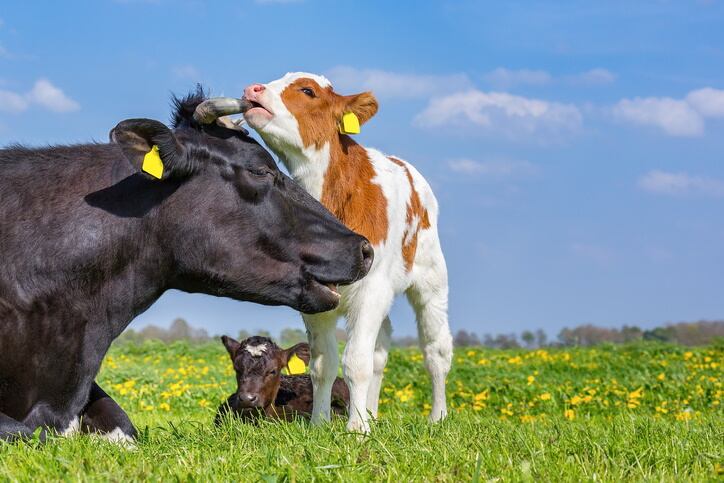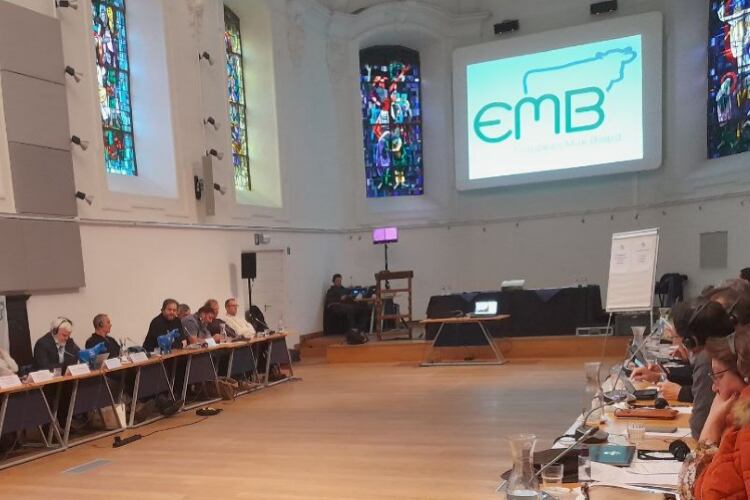The current environment of rising production costs, fertilizer shortages and feed scarcity is leading to shrinking dairy production, while high energy prices could lead to a ‘domino effect’ and result in closures across the supply chain, EMB warned.
The Board has said the industry has already taken measures to alleviate some of the pressure, but the continuously volatile trading conditions mean that the EU needs to intervene.
EMB wants member states to adopt energy price caps for dairy farmers, milk processors and other stakeholders in the dairy production chain and the food production sector. The Board is also seeking some form of financial aid for farmers who are struggling to pay their energy bills.
“The individual actors in the agricultural sector and along the food production chain are dependent on energy and production inputs being available at affordable prices. Today, there is a gradual domino effect and each link in the chain pulls the next one down with it,” explained EMB president, Sieta van Keimpema.
“Let me give you just one example from the many issues that are currently the norm in the agricultural and food sector. High gas prices lead to interruptions in fertilizer production, which then means higher prices as well as fertilizer and feed shortages – an additional, enormous burden on farmers who are already confronted with rising energy costs of their own and producer prices that continue to be too low. This pushes them to reduce production. This then has an effect on food processors, many of whom are already closing their doors due to their own higher energy costs.”
Kjartan Poulsen, EMB vice-president, added that ‘the foundations of production must be supported with appropriate measures’ to ensure food stability across the bloc.
German farmgate milk price finally overtakes production costs – but is this a one-off?
Pushing for a wider re-think of the EU dairy production structure, EMB has warned that a ‘massive overhaul’ is needed to ensure that farmers can regularly get fair remuneration for the milk they produce. In another relevant update this month, the Board highlighted that in the German dairy sector, the average farmgate milk price in July outpaced production costs for the first time since data started to be recorded in 2014. Production costs in July 2022 were €47.31/kg, while the average farm-gate milk price for the same period was €55.04/kg.
But this one-off event didn’t lead to an increase in milk production in Germany, the Board said, with levels dropping year-on-year by 0.6% and by 1.3% from January to July 2022.
Meanwhile, cost coverage has been next to impossible to achieve by European farmers, with the average EU income per hour standing at just €4.19/kg in 2021. Among key producing countries, Dutch farmers were no longer able to generate any income from the milk price, while their French colleagues would pocket just €0.02/kg.
EMB has argued in the past that producer prices need to be coupled with production costs to make dairy farming in the bloc financially sustainable, criticizing the EU for focusing on ‘cheap products and cheap exports’ and stating that agricultural products should be excluded from WTO and free trade agreements.
“Milk production needs long-term, stable prices which allow for sufficient profit, in addition to cost coverage that includes a fair income for producers,” the body said in a statement. “Policy-makers must take action to ensure a stable production structure and thus food security in the EU. Strong producer organizations across dairies, crisis instruments like the Market Responsibility Programme, a socially-sustainable CAP, and fair contract conditions or even mirror clauses for EU imports are just some of the necessary framework conditions that need to be put in place.”




